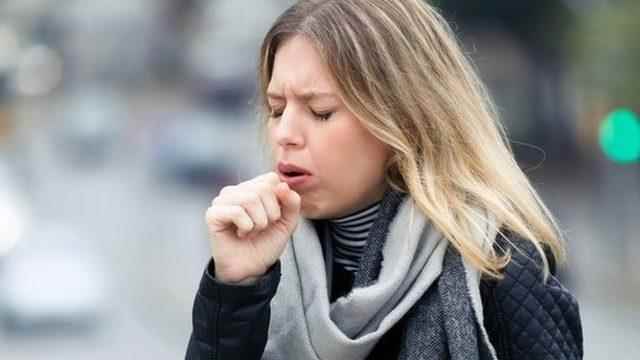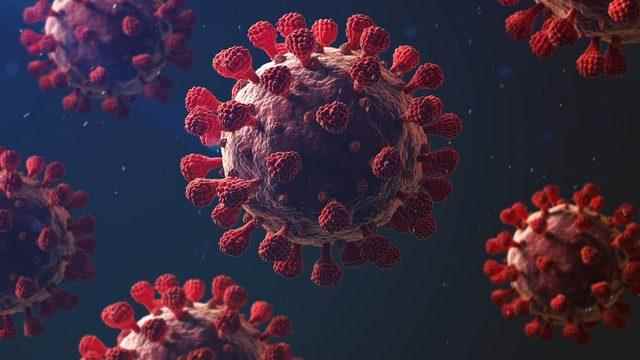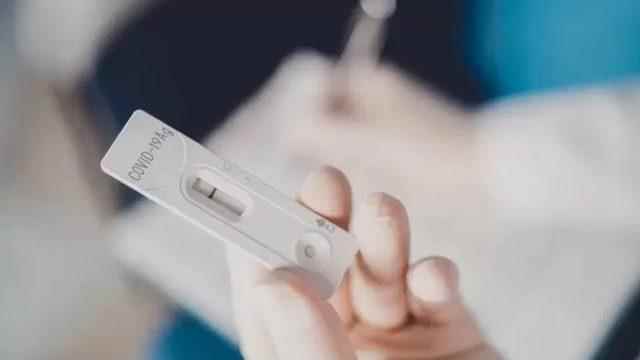Omicron, the most contagious variant of the coronavirus so far, continues to spread rapidly all over the world, forcing many countries to change their strategies to combat Covid-19.
The Omicron variant can resist vaccines and cause relapse.
However, although the infection rates are increasing, the increase in the number of people who need to be hospitalized is not that much. Those who have been vaccinated two or three times seem to be able to recover from the disease without being hospitalized and without risk of death.
This has led to quarantine times being reduced to five days in many countries, including the US and UK.
But the World Health Organization warns not to relax too much, noting that Omicron remains deadly, especially for the unvaccinated.
So what’s behind the new quarantine rules? Do we know how the new variant spreads, how long the risk of infecting others with this variant is?
How long does it take for Covid symptoms to appear?
There are not many studies on the Omicron variant, but according to recent research, the new variant is not only milder than its predecessors, but also may have a shorter incubation period between contracting the virus and showing symptoms.
In previous coronavirus variants, symptoms usually appeared five to six days after infection. In the Delta variant, this time was estimated to be four days.
According to the available information on Omicron, symptoms in this variant can appear in two to three days.

According to the results of a preliminary study of six Omicron cases in the USA, published in December, the average time from infection to symptom onset for other variants is five days, compared to three days for Omicron.
Dr Vicente Soriano, an infectious diseases specialist at the International University of La Rioja in Spain, told the BBC that after exposure to Omicron, the virus can begin to reproduce in the body within a day.
The disease can be detected within two days.
How long can those who catch Covid infect others?
Scientists already know that those who catch the coronavirus are more contagious in the early stages of infection.
In the Omicron variant, the virus can be transmitted to others for one or two days before symptoms appear, and two to three days after it appears.
“We believe the virus is contagious for only five days. In other words, the virus is capable of infecting others three to five days after testing positive on the second day of infection,” says Dr Soriano.

According to Dr Soriano, the duration of the virus in the body seems to be about seven days.
Accordingly, if most patients no longer show symptoms seven days after symptoms appear, they are no longer likely to transmit the virus to others.
“This is medicine, not math, so it can differ a bit,” says Dr Soriano.
“Maybe some take a shorter time, three to four days, some about seven days. What is certain is that the infection in Omicron is much faster than in previous variants,” he says.
For this reason, antigen tests are the best way to determine whether someone who has Covid is in danger of infecting others.

When can you meet someone who has shown signs of Covid?
The US Centers for Disease Control and Prevention CDC stated that it is possible for those who test positive for Covid to be together with others after five days of quarantine, but this also has conditions. Here’s what to do if you test positive, according to the CDC:
- If you have COVID-19 and show symptoms, do not see anyone for at least five days. To calculate the 5-day quarantine period, consider the first day of illness as 0 and the next day as the first day.
- If the symptoms have disappeared or subsided after five days, you can leave the house.
- When with others, continue to wear a mask for another five days.
- Avoid traveling until exactly ten days have passed since the first day of symptoms. If it is unavoidable to leave between the 6th and 10th days, wear a tight mask along the way if there will be others with you.
- If you have a fever, stay home quarantined until the fever subsides.
*Source*: CDC

How long can you inadvertently transmit the virus to others if there are no symptoms?
Most of those who get Covid do not show any symptoms during the illness.
Dr Soriano says they should expect the infection to continue for the same amount of time as those showing symptoms.
“There is much still unknown about asymptomatic infections. But the duration of infection is similar to that of those with symptoms,” Soriano told the BBC.
“Covid studies, which are usually done on asymptomatic children, show that even though children do not have symptoms, they carry the same level of viral load as symptomatic adults.”

Can an asymptomatic person infect others?
Studies have shown that those who catch Covid can transmit the disease to others, even without symptoms.
Moreover, this is more likely because they do not go into quarantine and do what is necessary to prevent the spread of the virus.
According to a study published in the JAMA Network Open, the publication of the American Medical Association, nearly one in four infections can be transmitted by patients who do not show symptoms.
This rate is thought to be higher in Omicron than in previous variants.
Authorities recommend using masks, especially indoors, to reduce the risk of unknowingly spreading the virus.

